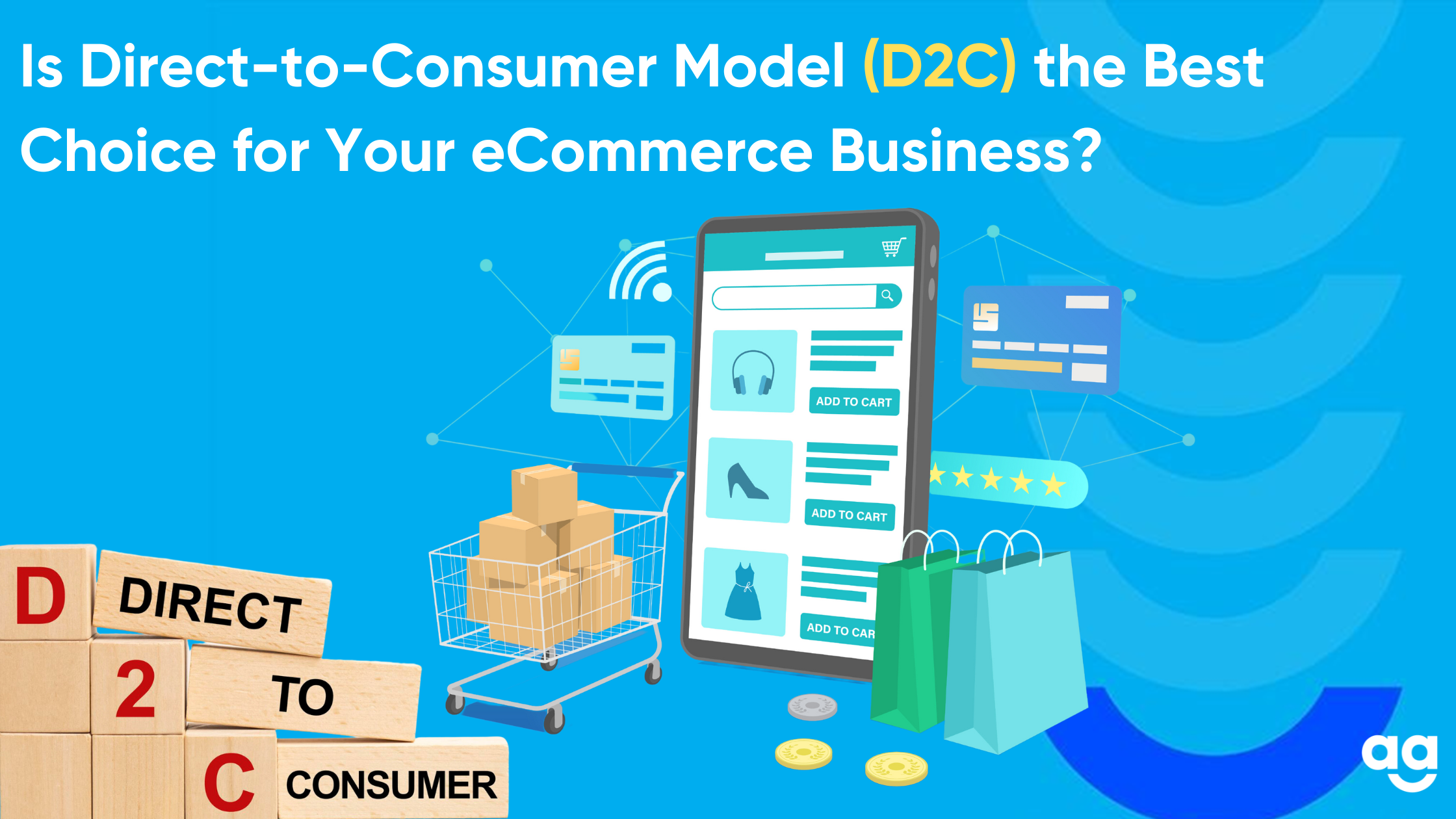Introduction
In recent years, the direct-to-consumer (D2C) model has gained significant popularity in the eCommerce industry. With the rise of online shopping and advancements in technology, businesses now have the opportunity to bypass traditional retail channels and sell their products directly to consumers.
However, is the D2C model the right choice for every eCommerce business?
In this blog post, we will delve into the pros and cons of the D2C model to help you determine if it is the best fit for your eCommerce business.
Understanding the Direct-to-Consumer (D2C) Model
The D2C model involves selling products directly to consumers without the need for intermediaries like wholesalers, distributors, or retailers. By adopting this model, businesses can establish a direct relationship with their customers, control the entire customer experience, and have greater control over their brand and pricing strategies. Let’s explore the advantages and disadvantages of the D2C model.
Pros of the D2C Model
Increased Profit Margins
One of the main advantages of the D2C model is the potential for increased profit margins.
By eliminating intermediaries, businesses can retain a larger portion of the revenue generated from each sale. This allows for more flexibility in pricing strategies and the ability to offer competitive prices while still maintaining profitability.
Greater Control Over the Customer Experience
With the D2C model, businesses have full control over the customer experience from start to finish.
They can create a seamless and personalized journey, from the website design and user interface to customer service interactions. This control allows businesses to build stronger relationships with their customers and tailor the experience to meet their specific needs and preferences.
Access to Customer Data and Insights
Direct interaction with customers provides businesses with valuable data and insights. By collecting and analyzing customer information, businesses can gain a deeper understanding of their target audience’s preferences, behavior, and buying patterns. This data can be used to enhance product offerings, optimize marketing strategies, and improve overall business operations.
Cons of the D2C Model
Initial Infrastructure and Costs
Adopting the D2C model requires building the necessary infrastructure to handle various aspects of the business, such as inventory management, order fulfillment, and customer support.
Setting up an efficient eCommerce platform and logistics network can be costly and time-consuming, especially for small businesses with limited resources.
Marketing and Customer Acquisition Challenges
Without the presence of traditional retail channels, businesses relying solely on the D2C model need to invest heavily in marketing and customer acquisition.
Building brand awareness, driving website traffic, and attracting customers require significant investments in digital marketing, advertising, and search engine optimization. This can be challenging, especially in highly competitive industries.
Limited Reach and Brand Recognition
The D2C model inherently limits the reach of a business compared to traditional retail channels. Retail partnerships can provide access to a wider customer base and increase brand exposure. Without these partnerships, businesses may struggle to gain traction, especially if they are relatively unknown or competing against well-established brands.
Is the D2C Model Right for Your eCommerce Business?
The decision to adopt the D2C model depends on several factors unique to your business. Consider the following questions:
Do You Have a Unique or Differentiated Product?
If your product offers a unique value proposition or stands out from competitors, the D2C model may be advantageous. Direct access to customers allows you to communicate your product’s unique features and benefits, which may be difficult to convey through third-party retailers.
Can You Provide Exceptional Customer Experience?
The D2C model requires a strong focus on customer experience. If you can invest in providing personalized and seamless interactions, the D2C model can help you build long-term customer relationships and brand loyalty.
Do You Have the Resources for Infrastructure and Marketing?
Consider whether your business has the resources, both financial and operational, to establish and maintain the necessary infrastructure for order fulfillment, inventory management, and customer support.
Additionally, evaluate if you have the budget for robust marketing and customer acquisition efforts to drive traffic to your online store.
Conclusion
While the direct-to-consumer (D2C) model offers several advantages, it may not be the best fit for every eCommerce business.
Assess your unique circumstances, consider the pros and cons, and evaluate your ability to invest in infrastructure, marketing, and customer experience. Ultimately, the decision to adopt the D2C model should align with your business goals, target audience, and long-term growth strategy.







 Shipping
Shipping







